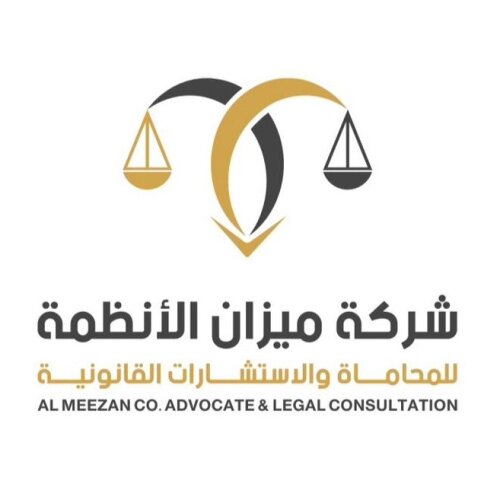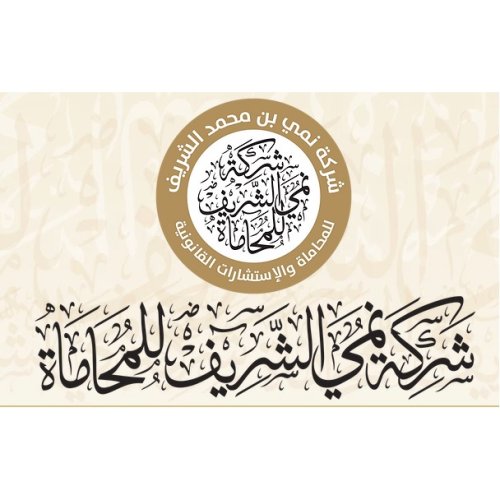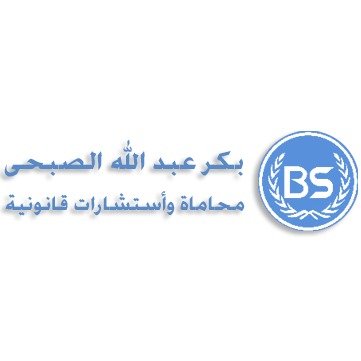Best Conveyancing Lawyers in Makkah
Share your needs with us, get contacted by law firms.
Free. Takes 2 min.
Free Guide to Hiring a Real Estate Lawyer
List of the best lawyers in Makkah, Saudi Arabia
About Conveyancing Law in Makkah, Saudi Arabia
Conveyancing is the legal process of transferring property ownership from one person or entity to another. In Makkah, Saudi Arabia, this process is governed by a combination of Saudi property law, Sharia law, and regional regulations established by the Ministry of Justice and local municipalities. Conveyancing typically includes the preparation, verification, and registration of legal documents, due diligence checks, compliance with zoning and land use regulations, and ensuring all legal requirements are met for a valid and secure property transaction. It covers both residential and commercial properties and addresses issues such as ownership rights, title transfer, and associated fees and taxes.
Why You May Need a Lawyer
Property transactions in Makkah can be complex due to strict local laws, government protocols, and unique religious and cultural requirements. Some common situations where seeking legal advice or retaining a conveyancing lawyer is highly recommended include:
- Purchasing or selling real estate property
- Transferring property ownership within a family or due to inheritance
- Reviewing or drafting sale agreements
- Resolving ownership disputes
- Verifying the legal status of a property (checking title deeds, liens, or encumbrances)
- Ensuring all documentation is completed in accordance with Sharia and Saudi legal requirements
- Navigating restrictions on foreign ownership of real estate
- Complying with land use regulations specific to the holy city of Makkah
Legal expertise ensures your transaction is compliant, secure, and less likely to face disputes or delays.
Local Laws Overview
Conveyancing in Makkah is subject to both national and local legal considerations. Key aspects include:
- Titles and Registration: All real estate transactions must be registered with the Ministry of Justice. Title deeds are issued to confirm ownership and are required for subsequent transactions.
- Sharia Law: As with all legal matters in Saudi Arabia, property transactions must comply with Islamic law, which influences inheritance, marital rights, and certain prohibitions.
- Documentation: Sellers must provide valid title deeds, while buyers should ensure these are legitimate and free from disputes.
- Land Use Restrictions: Specific zones in Makkah, especially near the Holy Mosque, have strict acquisition and use regulations.
- Foreign Ownership: There are limitations on non-Saudi nationals owning property in Makkah, with some exceptions for corporate entities and special permissions.
- Government Fees and Taxes: There are administrative fees for registering transactions and, in some cases, value-added tax or other levies.
Understanding local nuances and compliance requirements is essential to a smooth property transaction.
Frequently Asked Questions
What is conveyancing, and why is it important?
Conveyancing is the legal process of transferring property ownership. It ensures the transaction is valid and protects both parties' rights.
Can foreigners own property in Makkah?
Generally, only Saudi citizens can own property in Makkah. There are limited exceptions for certain companies and with specific government approval.
What documents are required for property transfer?
Typically, a valid title deed, national ID for individuals (or corporate documents for companies), sale agreement, and any additional municipality or ministry forms are required.
Who oversees property registration in Makkah?
The Ministry of Justice is primarily responsible for property registration, working closely with local courts and municipality offices.
Do I need to do a title search before purchasing property?
Yes, buyers should conduct a title search to verify ownership and ensure the property is free from liens or legal disputes.
Are there any taxes or fees associated with conveyancing?
There are standard registration fees and, in certain cases, value-added tax or other government charges.
What is the role of Sharia law in conveyancing?
Sharia law governs issues like inheritance, marital property rights, and certain sales restrictions in all conveyancing matters.
Can I transfer a property to a family member?
Yes, property can be transferred among family members, but proper legal procedures and documentation are required.
What should I do if there is an ownership dispute?
Contact a qualified conveyancing lawyer immediately who can guide you through the dispute resolution process, possibly involving local courts.
How long does the conveyancing process take?
If all documentation is in order, it can take a few days to a few weeks. Delays often occur due to incomplete paperwork or unresolved legal issues.
Additional Resources
The following resources and organizations may be helpful for those seeking more information or legal advice on conveyancing in Makkah:
- Ministry of Justice: Oversees property registration and legal documentation
- Makkah Municipality (Amanat Makkah): Responsible for zoning and land use permits
- Saudi Bar Association: Helps locate licensed lawyers experienced in conveyancing
- Local Notaries: Authorized to witness and certify property documents
- Real Estate General Authority: Regulates and supervises real estate activities in Saudi Arabia
Next Steps
If you are considering a property transaction in Makkah or require assistance with conveyancing issues, here is how to proceed:
- Gather all relevant property and personal documentation
- Consult with a lawyer who specializes in property and conveyancing law in Saudi Arabia
- Request a property title search to verify the status of the asset
- Work with your lawyer to draft or review the sale or transfer agreement
- Ensure all legal and municipal requirements are met before completing the transaction
- Register the completed transaction with the appropriate government authority
A qualified lawyer can provide guidance throughout every step, reducing the risk of complications or disputes. If you are unsure where to begin, contact the Ministry of Justice or Saudi Bar Association for referrals to licensed conveyancing lawyers in Makkah.
Lawzana helps you find the best lawyers and law firms in Makkah through a curated and pre-screened list of qualified legal professionals. Our platform offers rankings and detailed profiles of attorneys and law firms, allowing you to compare based on practice areas, including Conveyancing, experience, and client feedback.
Each profile includes a description of the firm's areas of practice, client reviews, team members and partners, year of establishment, spoken languages, office locations, contact information, social media presence, and any published articles or resources. Most firms on our platform speak English and are experienced in both local and international legal matters.
Get a quote from top-rated law firms in Makkah, Saudi Arabia — quickly, securely, and without unnecessary hassle.
Disclaimer:
The information provided on this page is for general informational purposes only and does not constitute legal advice. While we strive to ensure the accuracy and relevance of the content, legal information may change over time, and interpretations of the law can vary. You should always consult with a qualified legal professional for advice specific to your situation.
We disclaim all liability for actions taken or not taken based on the content of this page. If you believe any information is incorrect or outdated, please contact us, and we will review and update it where appropriate.













